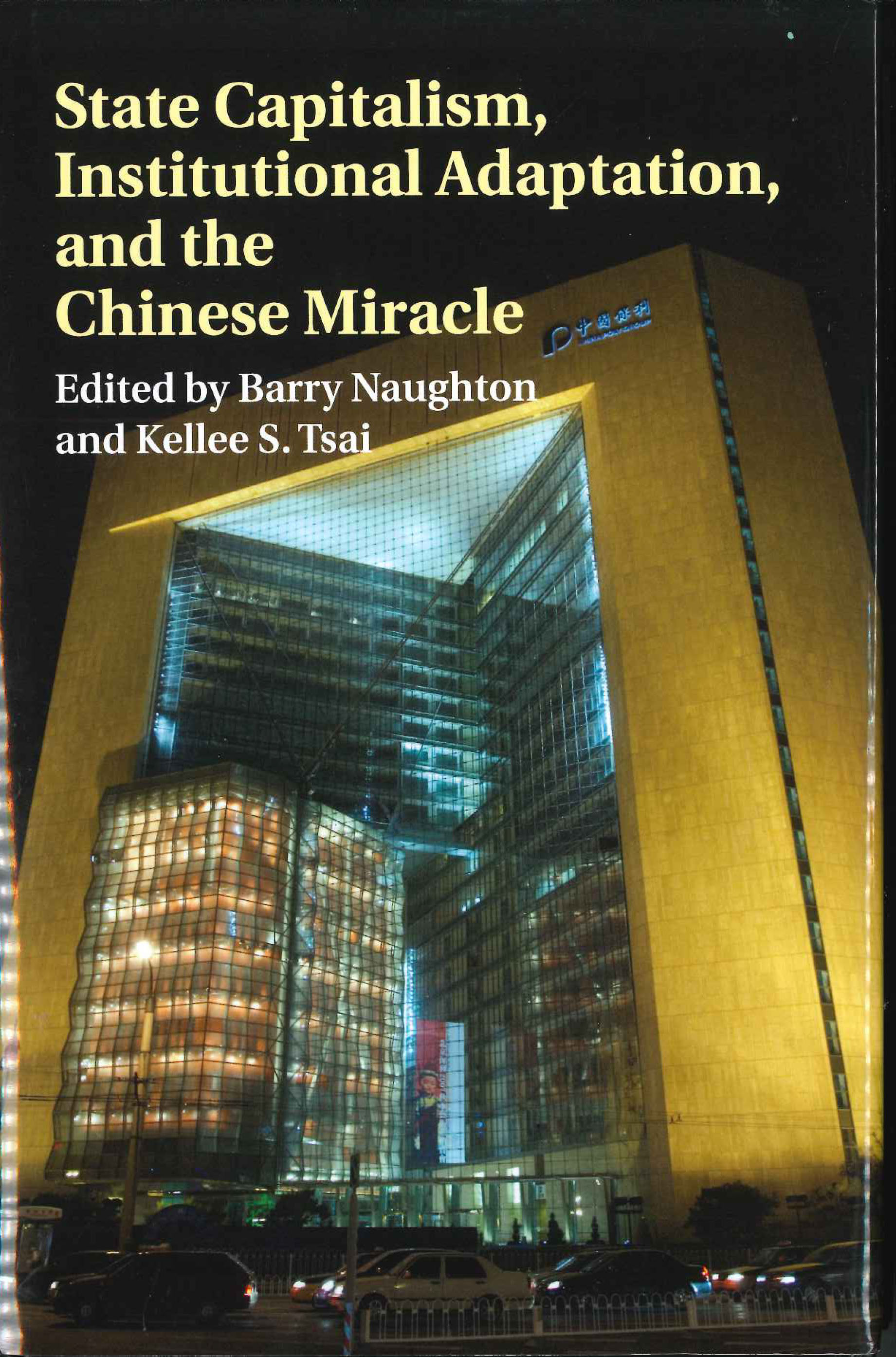State Capitalism, Institutional Adaptation, and the Chinese Miracle
China’s stunning growth rates have corresponded with the rise of ‘state capitalism’. Since the mid-2000s, China’s political economy has stabilized around a model where most sectors are marketized and increasingly integrated with the global economy; yet strategic industries remain firmly in the grasp of an elite empire of state-owned enterprises. What are the implications of state capitalism for industrial competitiveness, corporate governance, government-business relations, and domestic welfare? How does China’s model of state capitalism compare with other examples of state-directed development in late industrializing countries? As China enters a phase of more modest growth, it is especially timely to understand how its institutions have adapted to new challenges and party-state priorities. In this volume, leading scholars of China’s economy, politics, history, and society explore these compelling issues.
• Contributors are leading experts in their fields of research
• Approaches topic of state capitalism from a multidisciplinary perspective
• The phenomenon of state capitalism is an enduring feature of China’s political economy (not just a transitory phase of reform)
